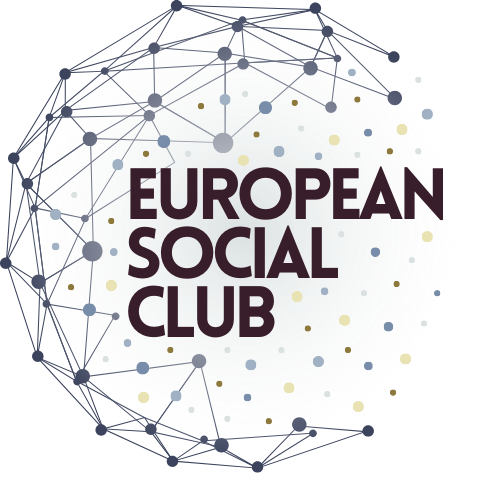Criteria for Accepting New Laboratories into the European Social Club
The European Social Club aims to foster collaboration and communication between laboratories studying the neurobiology of social behaviors. To ensure the effectiveness and relevance of the network, we have established the following criteria for accepting new member laboratories:
1. Research Focus
The lab’s research must focus on social behavior, with a particular emphasis on exploring underlying mechanisms.
2. Presentation Requirement
Each lab is required to present their work at one of the Club’s meetings, which happen every 3 weeks.
3. Membership Fee
All member labs must pay an annual registration fee of €250 per lab.
4. Active Participation
Labs must maintain an active presence by attending and contributing to the Club’s regular online meetings.
5. Unpublished Data
Presentations must focus on unpublished data to promote innovation, collaboration, and productive discussions within the network.
6. Motivational/Request Letter
Prospective labs must submit a motivational or request letter outlining their interest in joining the Social Club and how their work aligns with its goals. Letters must be sent to alessandra.monteforte@iit.it.
7. Geographical Location
Membership is currently limited to labs based in the European zone. This restriction is due to time zone considerations, the network’s manageable size, and its purpose as a regional initiative. However, this criterion will be revisited and discussed by December 2025 to assess whether adjustments are needed.
These criteria ensure that the European Social Club remains a dynamic and focused platform for fostering meaningful collaborations in the study of social behaviors. We welcome applications from labs that share our commitment to advancing knowledge in this exciting field.
ESC Board
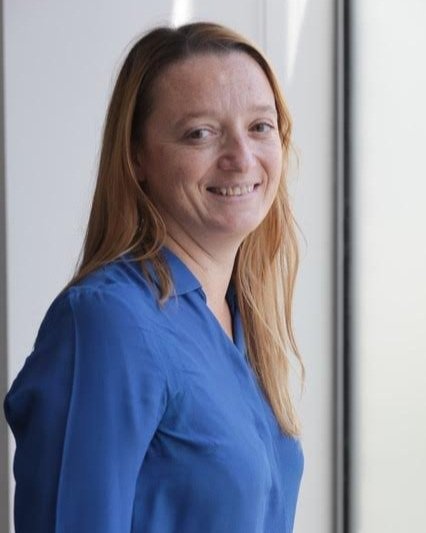
Camila Bellone
Geneva University Neurocenter, Switzerland

Ewelina Knapska
BrainCity, Nencki Institute, Poland
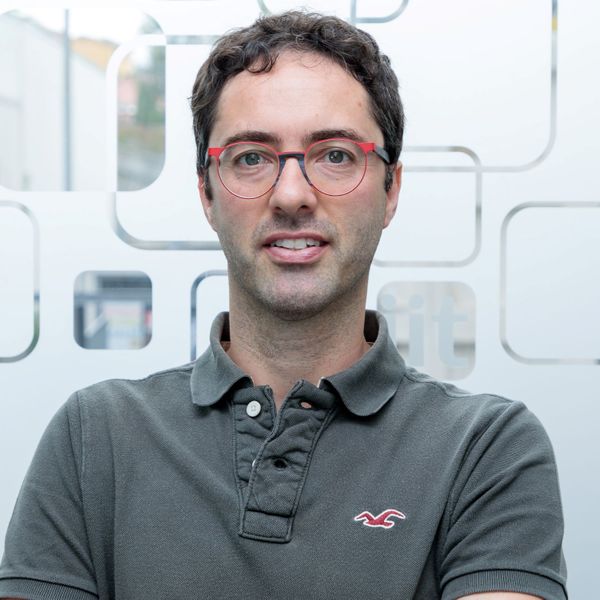
Francesco Papaleo
Istituto Italiano di Tecnologia, Italy
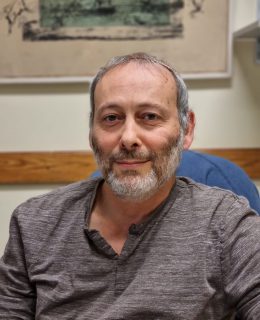
Shlomo Wagner
SANS, University of Haifa, Israel

Simone Shamay-Tsoory
SANS, University of Haifa, Israel
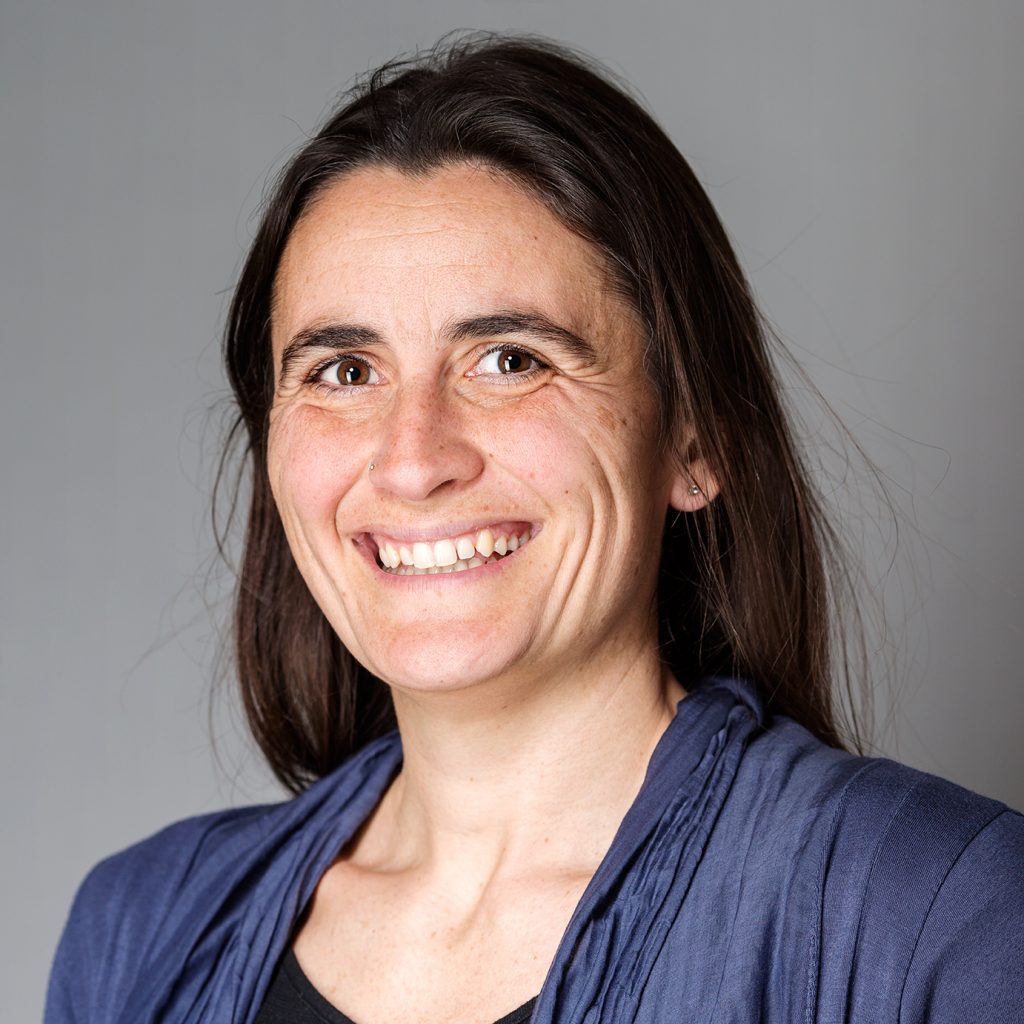
Valeria Gazzola
Netherlands Institute for Neuroscience, Netherlands
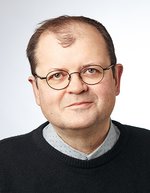
Valery Grinevich
Central Institute of Mental Health, Mannheim, Germany
